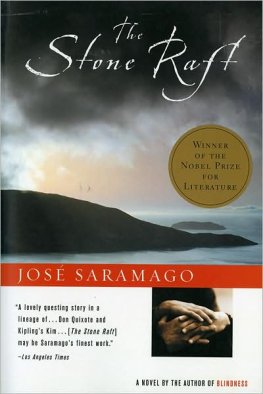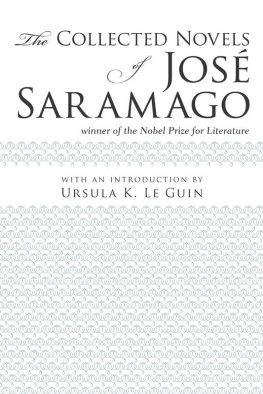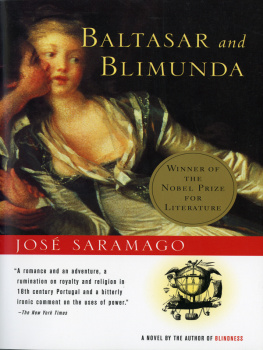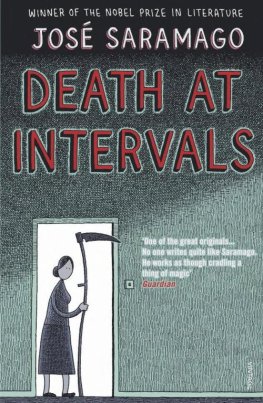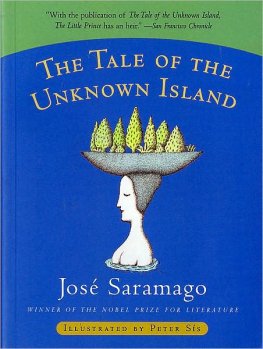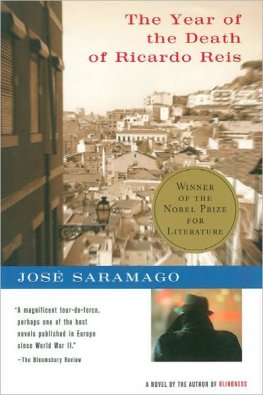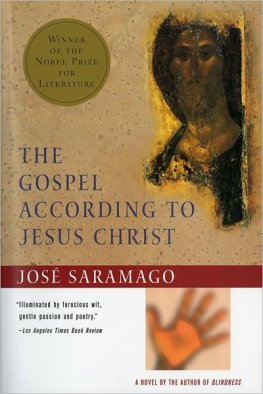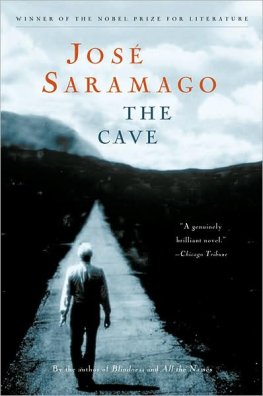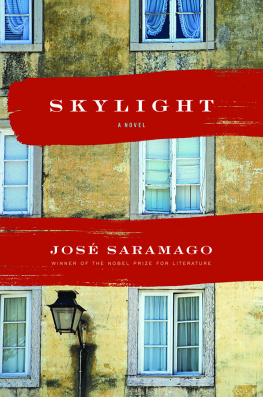Every future is fabulous.
ALEJO CARPENTIER
When Joana Carda scratched the ground with the elm branch all the dogs of Cerbre began to bark, throwing the inhabitants into panic and terror, because from time immemorial it was believed that, when these canine creatures that had always been silent started to bark, the entire universe was nearing its end. No one remembers any longer the origin of this deep-rooted superstition, or firm conviction, in many cases these are simply alternative ways of expressing the same thing, but as so often happens, having heard the story and now passing it on with fresh distortions, French grandmothers used to amuse their grandchildren with the fable that in the times of the ancient Greek myths, here, in the district of Cerbre in the Eastern Pyrenees, a dog with three heads and the above-mentioned named of Cerberus had barked when summoned by its master, the ferryman Charon. We are equally unclear about the organic change this legendary howling canine must have undergone to acquire the historically proven muteness of its degenerate one-headed offspring. Nevertheless, and this is a point of doctrine known to almost everyone, especially to those of the older generation, the dog Cerberus, as written and pronounced in English, guarded with ferocity the gates of hell, so that no soul would dare try to escape, and then, perhaps as one final act of mercy on the part of the moribund gods, all the dogs fell silent for the rest of eternity, perhaps hoping that their silence might erase the memory of the infernal regions. But since the everlasting does not last forever, as the modern age has clearly shown us, it sufficed that a few days ago and hundreds of kilometers from Cerbre, somewhere in Portugal, in a place whose name we shall record anon, a woman named Joana Carda scratched the ground with an elm branch whereupon all the dogs came onto the streets howling, dogs, let me remind you, that had never barked before. Were someone to ask Joana Carda what had possessed her to scratch the ground with an elm branch, more the gesture of a moonstruck adolescent than that of a mature woman, if she had not thought of the possible consequences of an act that seemed meaningless, and these are the most dangerous acts of all, perhaps she might reply, I don't know what came over me, the branch was lying on the ground, I picked it up and drew a line. She had no idea that it might be a magic wand. It seemed rather big for a magic wand, and besides I've always heard it said that magic wands are made of shimmering gold and crystal and have a star on top. Did you know it was an elm branch. I know very little about trees, they told me afterwards that wych-elm is the same as wych-hazel, botanically known as ulmus, none of these having supernatural powers, even when they change their names, but in this case I'm sure that a matchstick would have produced the same effect, Why do you say that, What must be, must be, and there's no way around it, I've heard the old people say this a thousand times, Do you believe in fate, I believe in what has to be.
In Paris they had a good laugh at the appeal made by the maire, who appeared to be telephoning from a kennel at the hour when they were feeding the dogs, and it was only at the insistent pleading of a member of parliament born and bred in the commune, and thus familiar with local legends and tales, that two qualified veterinary surgeons of the Deuxime Bureau were dispatched to the south, with the special mission of investigating this unusual phenomenon and presenting a report and a plan of action. Meanwhile, the desperate inhabitants, reduced to near-deafness, had crisscrossed the streets and squares of the agreeable resort town suddenly transformed into a hellhole, setting out dozens of poisoned meat pies, a method of supreme simplicity and one whose effectiveness has been confirmed by experience in every age and latitude. As it happened, only one dog died, but the lesson was not lost on the survivors, who soon disappeared, yelping, barking, and howling, into the surrounding fields, where, for no apparent reason, they fell silent within a few minutes. When the veterinary surgeons finally arrived, they were presented with the sad Medor, cold, swollen, so different from the contented animal who accompanied his mistress when she went shopping, and who, old dog that he was, liked nothing better than sleeping peacefully in the sun. But since justice has not yet entirely abandoned this world, God decided, poetically, that Medor should die from eating the meat pie cooked by his beloved mistress, who, let it be said, had meant the pie for a certain bitch of the neighborhood who never left her garden alone. The older of the veterinary surgeons, confronted by that sad corpse, suggested, Let's hold an autopsy, which was pointless, for any inhabitant of Cerbre could, if he or she so wished, testify to the cause of death. But the hidden intention of the Faculty, as it was referred to in the jargon of that secret service, was to proceed in secrecy to an examination of the vocal cords of an animal that, between the quietude of death, which was now definitive, and its lifelong silence, which had seemed eternal, had finally enjoyed a few hours of speech like any other dog. Their efforts were futile, Medor did not even have any vocal cords. The surgeons were amazed, but the maire, giving his official and judicious opinion, said, That's not surprising, for centuries the dogs of Cerbre have not barked, their vocal cords had wasted away. Then why the sudden change, I don't know, I'm not a veterinary surgeon, but our worries are over, the chiens have disappeared, from wherever they are they cannot be heard. Medor, dissected and badly stitched up again, was delivered to his weeping mistress, as a living reproach, which is what reproaches are even after they are dead. On the way to the airport, where they were about to catch a plane to Paris, the veterinary surgeons agreed that they would omit from their report the curious business about the missing vocal cords. And to all appearances definitive, for that same night there was Cerberus himself out prowling, an enormous dog as tall as a tree, three-headed but mute.
About the same time, perhaps before Joana Carda had scratched the ground with the elm branch, perhaps after, a man was strolling along the beach, it was toward evening, when the noise of the waves, brief and restrained like an unprovoked sigh, can scarcely be heard, and that man, who will later say that his name is Joaquim Sassa, was walking above the tidemark that distinguishes the dry sands from the wet, and from time to time he bent down to pick up a shell, a crab's claw, a strand of green seaweed, we often while away the hours in this way, and this solitary passerby was doing likewise. Since he had neither pockets nor sack to hoard his findings, he put the lifeless remnants back in the water when his hands were full, let the sea have what belongs to the sea, let the earth remain with the earth. But every rule has its exceptions, and Joaquim Sassa picked up a stone he had seen ahead, beyond the reach of the tides, a stone as large and heavy as a discus and irregular in shape. If it had been like the others, light, with smooth outlines, like those stones that fit easily between the thumb and the index finger, then Joaquim Sassa would have skimmed it on the surface of the water, watching it bounce, childishly satisfied with his own ability, and finally sink, the impetus gone, a stone that appeared to have its destiny traced out, dried by the sun, dampened only by the rain, but now finally sinking into the dark depths to wait a million years, until this sea evaporates, or, receding, brings the stone back to land for another million years, allowing sufficient time for another Joaquim Sassa to come down to the beach and unwittingly perform the same gesture and movement, let no man say I will not do it, for no stone is secure and firm.

